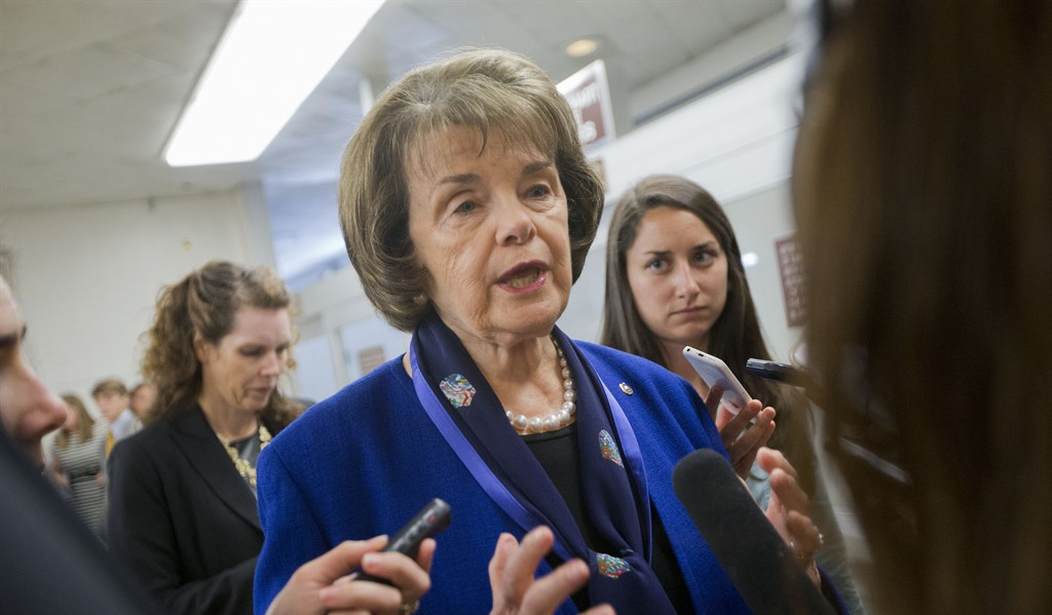The visa-waiver program currently allows foreigners from 38 countries to enter the United States without a visa for up to 90 days, bypassing an in-person interview at an embassy or consulate. Upwards of 20 million people enter the U.S. under this program each year. Considering this policy applies to Belgium, the origin of Paris attack “mastermind” Abdelhamid Abaaoud, both Democrats and Republicans believe it deserves some closer scrutiny.
Several lawmakers have legislation in the works to address this specific security concern. Rep. Candice Miller (R-MI) introduced a bill that would let Homeland Security bar a country from participating in the visa-waiver program if it refuses to share foreign travel and terrorism intel with the U.S.
“We have to look at our current systems and how terrorists are exploiting our freedoms,” Miller said.
Meanwhile, Sens. Dianne Feinstein (D-CA) and Jeff Flake (R-AZ) are working on legislation that would prevent anyone who has traveled to Syria or Iraq within the past five years from coming to the U.S. without a visa.
Feinstein, who as of late has been very critical of the Obama administration’s failed counterterrorism efforts, admitted the visa-waiver program is “the soft underbelly of our national security policies.”
Though President Obama has opposed Congress’ effort to toughen the Syrian refugee screening, the White House is not completely reluctant to strengthening the visa waiver program. On Monday, the administration announced it is making the following changes:
Recommended
The United States will expand the use of fingerprints and photographs to identify passengers and update its databases to include any past travel to a country considered a terrorist safe haven. Such countries include Somalia, Mali, Egypt, Iraq, Lebanon, Libya, Yemen, Afghanistan, Pakistan, Colombia and Venezuela, according to the State Department.
The White House will also be reviewing all 38 countries participating in the visa waiver plan to ensure they are meeting security demands. If not, they could be suspended.

























Join the conversation as a VIP Member